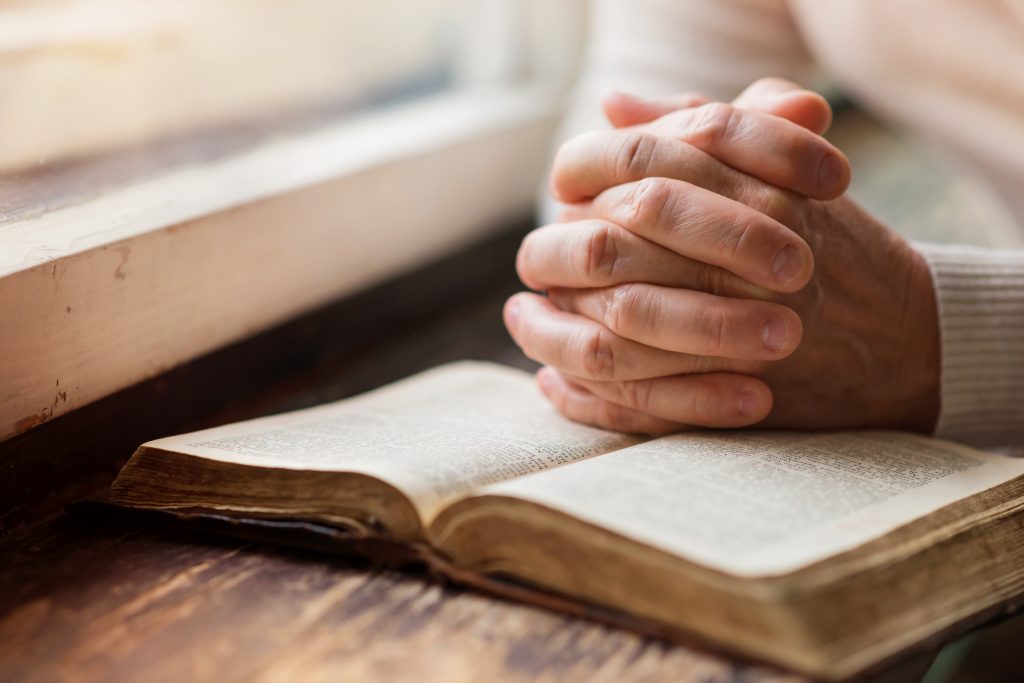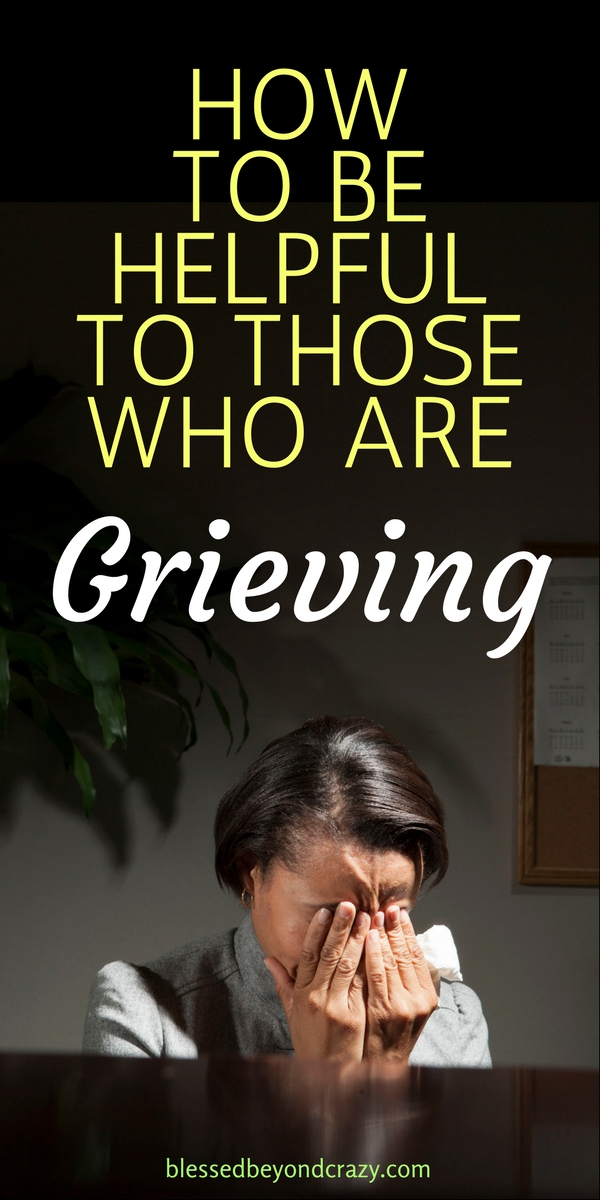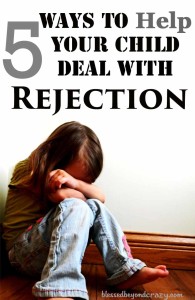
Life. While we all know that there are many wonderful things in life, we also realize that death is a reality. The total upheaval that death causes in one’s life can be overwhelming, to say the least. Sometimes, there seems to be a lack of understanding of the grief process and how to help. Therefore, in today’s post, let’s take a look at how to be helpful to those who are grieving.
To help support our blogging activities, our site contains affiliate links. If you make a purchase from a link on our site, we may receive a small percentage of that sale, at no extra cost to you. Blessed Beyond Crazy is a participant in the Amazon Services LLC Associates Program, an affiliate advertising program designed to provide a means for sites to earn advertising fees by advertising and linking to amazon.com.

Disclaimer: I am not a doctor or mental health professional. I’m simply sharing my life experiences and the opinions listed below are strictly my own.
While I certainly do not claim to be an expert, I have personally experienced grief because of the death of dear friends, loved ones, and even strangers. The death closest to my heart happened 34 years ago when my two-month-old son died from SIDS. It was a complete and total shock. Never in my wildest dreams did I ever imagine that this life-altering event would happen to me.

I’ll never forget that morning, nor will I ever forget the pain, numbness, disbelief, dismay, anger, and all the other emotions that blended together at the same time. It’s something that I would never wish on anyone. The feelings of grief and loss were beyond description.
During the visitation, funeral, and for a period afterward, some people expressed well-meaning condolences and often tried to “fix” or cheer me up. The most common phrase seemed to be, “You’re young. You can have more children.” Although their well-meaning attempt was appreciated, it actually magnified my pain and despair. I wanted to scream, “Stop talking!!! Don’t you realize that nothing and no one will ever take the place of my son?” Other times, it felt as though there was a huge “elephant in the room” and no one wanted to mention his name or acknowledge that he ever existed.

Even though I was in the nursing profession for several years before having my children, I don’t believe that witnessing a death ever becomes easy. Working closely with patients in the medical field naturally tends to expose you to death, especially when working with geriatric patients.
As an example: Years ago I cared for a 93-year woman until she moved to the ICU. I was grateful that she was lovingly surrounded by her family and medical staff as she drew her final breath. I witnessed as family members held her hands and expressed their love and appreciation for her. Collectively they sang her favorite hymns and said prayers over her. She had a peaceful passing. Even though she had 93 years on this earth, saying “Goodbye” is always tough. Death is hard. Life is too.
Because death is a reality, I have been reflecting and asking myself this question: “How can we be helpful to those who are grieving?”

1. Ask First!
When someone is grieving, do not assume that you know what is best for them. Do not assume that your actions will be perceived as helpful. For example, one widower’s sister decided to clean out his deceased wife’s closet while he was away from home for the day. She thought she would save her brother some heartache by donating his wife’s clothing to a local charity. Because she assumed and didn’t ask him first, her well-meaning attempt backfired and her brother was very upset.
Unless you know for sure that your actions will be helpful (i.e., cleaning, mowing the yard, organizing a room, doing errands, etc… ) ask first. Some people find it very therapeutic working in the garden or yard. Others may find comfort in cooking or cleaning. Ask first and ideally, offer choices such as, “Would you like me to bring you dinner tonight or can I pick up groceries for you?” “Would you like me to pick your son up at the airport, or would you like for me to stay with you until he arrives?”

2. The Right Questions.
Try to ask questions that typically cannot be answered with one word such as “fine” or “okay.” If the door is opened just a crack, perhaps your friend or loved one will talk about their loss and how they are feeling. Openly talking about their loss and pain can help with the healing process. For example:
- “In what ways is it getting easier for you? In what ways is it still terrible?”
- Are you feeling up or down today?”
- “Would you rather talk about how you are doing, your kids or job, or something else?”
- “What can I do to bless you today?”

3. Support System.
Usually, people who are grieving feel vulnerable, needy, and reluctant to ask for help. While they are aware that their own lives are shattered, they also realize others’ lives go back to normal. Unless the person who is trying to be comforting is in their close inner circle, the grieving person will probably not reach out.
Having a close circle of family and friends who are supportive, call regularly, and visit often is crucial. Anyone is comforted just knowing they are surrounded by a good support system that is willing to be involved. This is true, even when things are going well in life. It’s even more important when we are hurting.

4. Pet Therapy
Pet therapy is yet another way to help those grieving since grief often renders a person speechless and dazed. They may be unable to express their feelings or may not feel like communicating with people at all. Interacting with a friendly pet can help release endorphins that result in lower levels of stress and calmness. Pet therapy allows a person to bond with an animal without relying on any language. It provides comfort, decreases anxiety and depression, reduces loneliness and isolation, as well as encourages communication.
(Fyi… pet therapy is not appropriate for someone who is allergic or reacts negatively to animals.)

5. Resilience
Resilience is necessary to survive any type of loss, whether it’s the loss of a job or relationship, struggles with health, or the death of a cherished pet or loved one. People often forget just how resilient they are when they are in the midst of overwhelming and devastating circumstances. A few gentle nudges may help them realize that they possess strengths that they can rely on and even share. Perhaps down the road, they can help others who are suffering.

6. Journaling
Writing daily in a journal can help mend a broken heart. When I was grieving, one of the things that helped me was being able to express myself through writing. I wrote about all kinds of things, such as pain, anger, sadness, and fears. I also wrote down prayers and scripture verses. As time marched on, I eventually started to smile again and ultimately, I was able to look back and reflect on my gradual progress towards healing.
Suggest to someone hurting that they journal about:
- Things they did well that day.
- Something they have never noticed before.
- What small things helped get them through the day.
- Moments that put a smile on their face.
- Ways they helped someone else, no matter how small it may seem.
- Things to be thankful for today.

7. Faith & Hope
Although going through a loss is painful and hard, it can also change a person’s perspective and appreciation for life. Faith, hope, and prayer are powerful and sometimes, grief and loss lead to a deeper relationship and stronger belief in God.
Recently, I asked a friend what was the one thing that helped them the most when their father died. They replied, “Knowing where he is. To know that he is heaven right now with Jesus helps me get through it.”
Maybe now is a good time to invite someone who is hurting to attend church with you. Perhaps now is a good time to ask if you can pray with them and for them. Loving the brokenhearted, downtrodden, and lonely is what we are all called to do. Maybe sharing your faith will give them hope for a brighter tomorrow and heavenly home someday. You may never know the eternal consequence of one simple invitation.

If we equip ourselves with effective ways to be more compassionate, supportive and helpful, maybe, just maybe, we will all be better able to support someone who is hurting. It may also help us to heal when something happens to us.
What other ways can we help those who are grieving?
Hugs,
Linda
More great ideas:





Leave a Reply